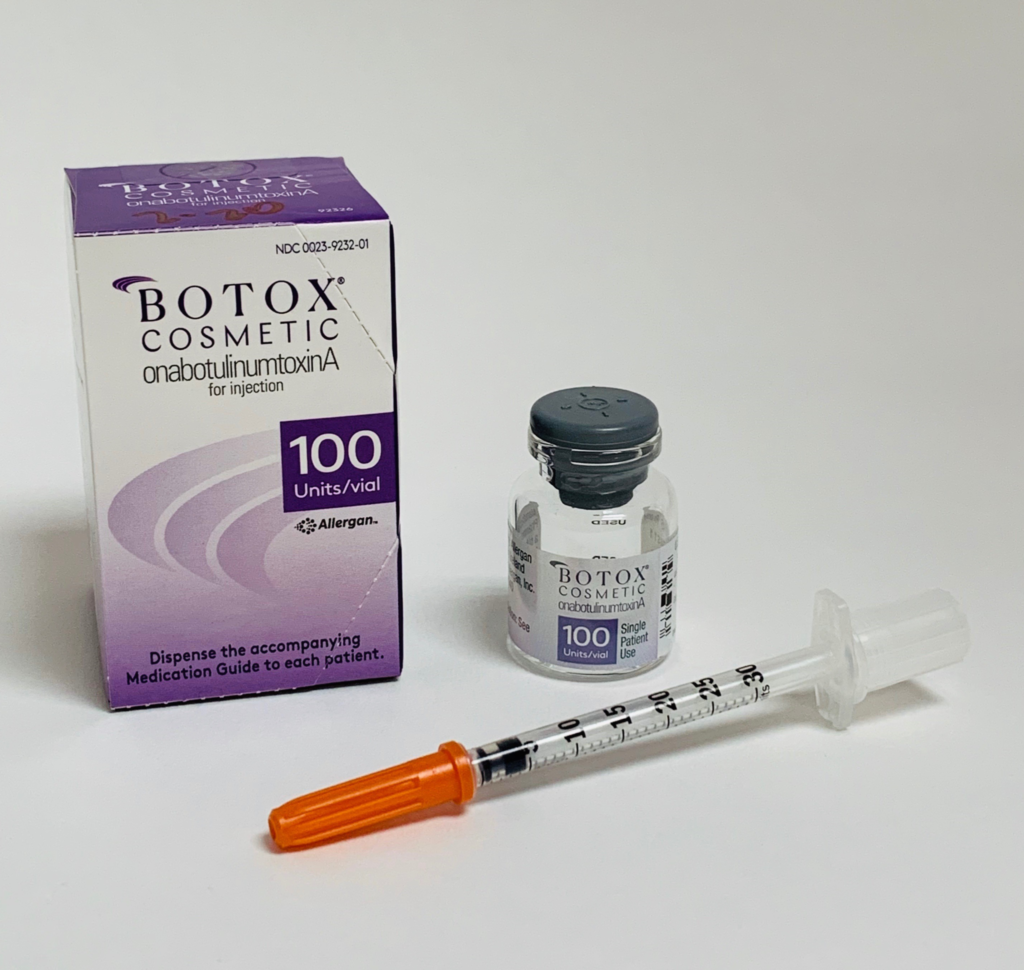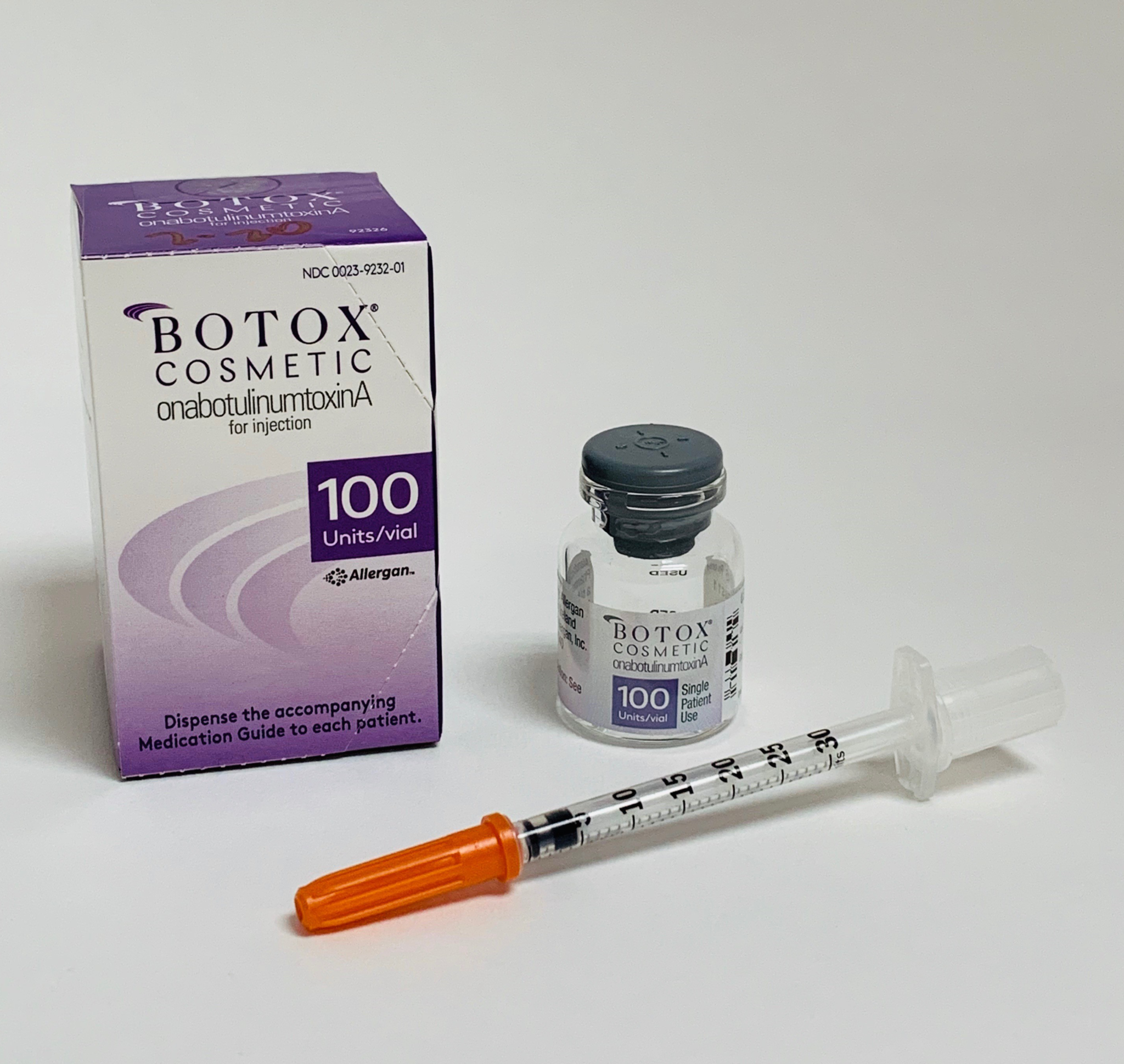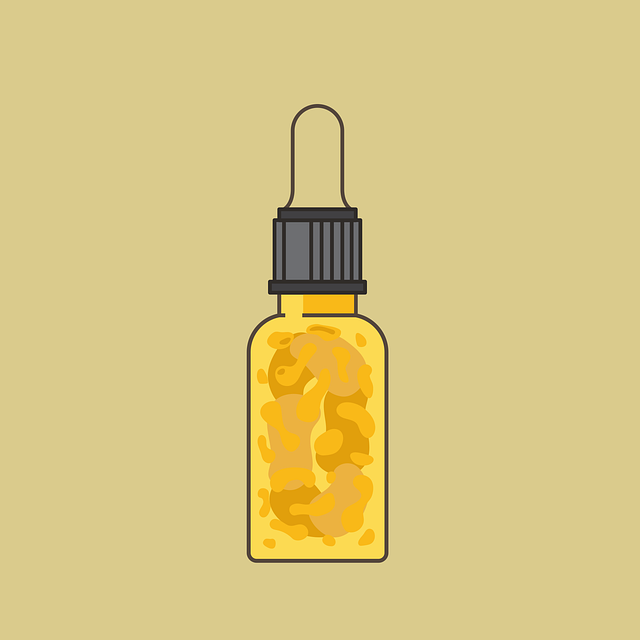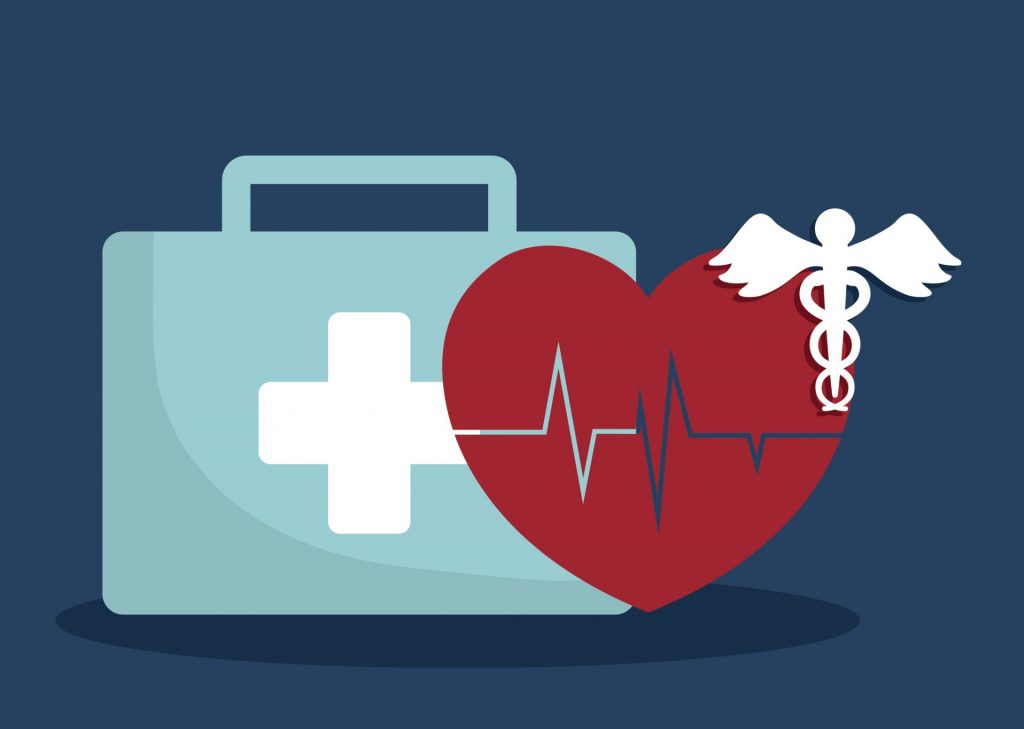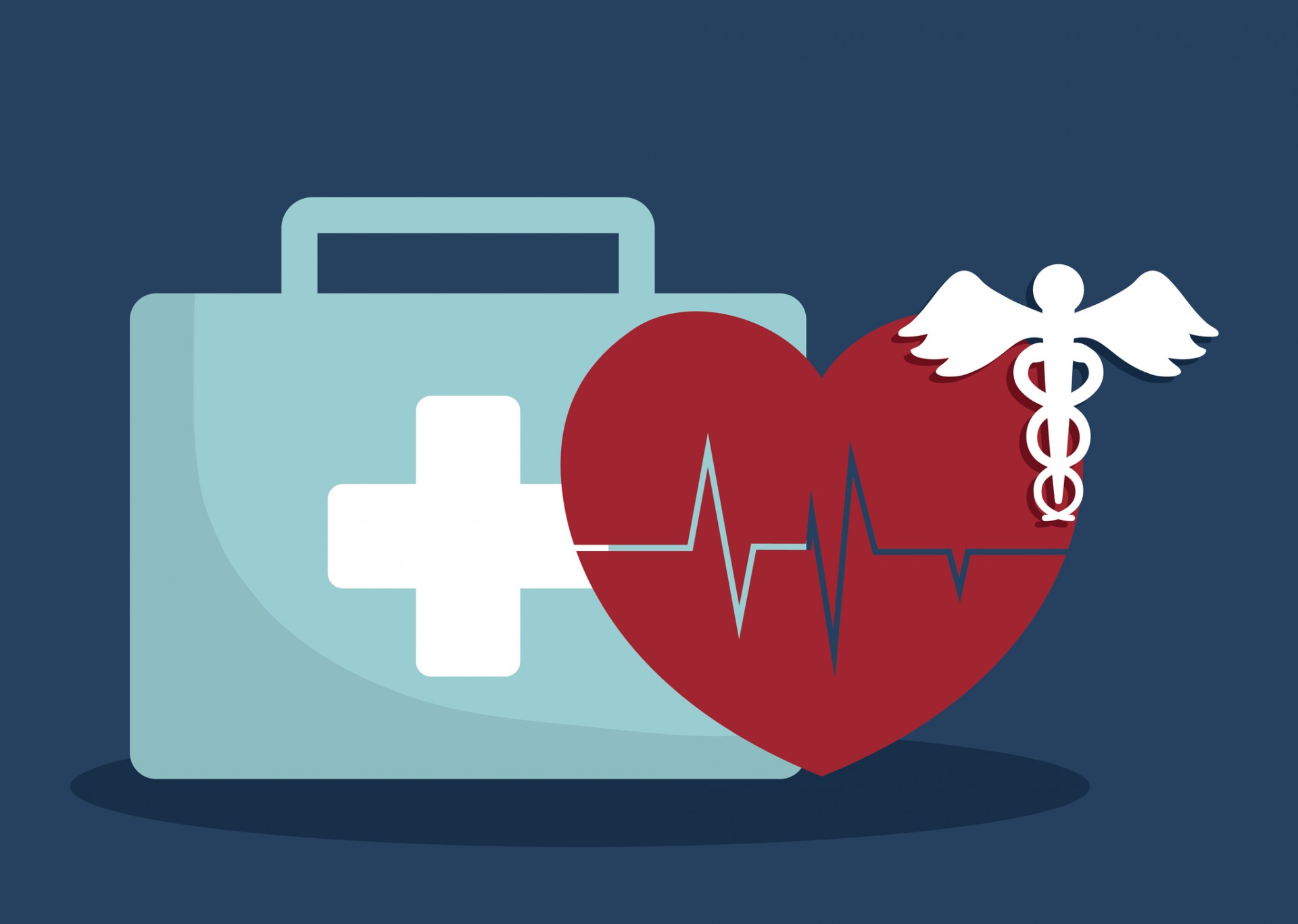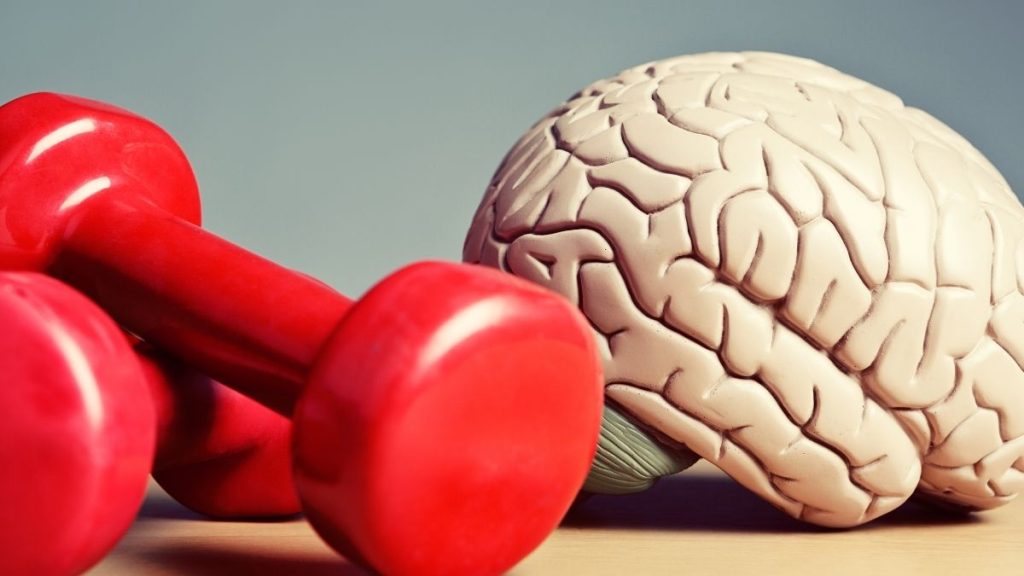
Assessing Benefits & Dangers Of Commonly Used Nootropics
Nootropics, a class of substances that are widely used to improve cognitive performance, have become increasingly popular in recent years. Some of the most commonly used nootropics include piracetam and aniracetam, as well as several other compounds that are purported to enhance memory, focus, and concentration. But what exactly are these drugs and how safe are they? In this article, we will explore the potential benefits and risks associated with commonly used nootropics, and also look at the best drug to improve memory.
What Are Nootropics?
Nootropics (also known as ‘smart drugs’) are substances taken for their supposed cognitive-enhancing effects. They can be natural or synthetic compounds that alter brain chemistry in some way, causing changes in behavior or awareness. The most common types of nootropics include racetams such as piracetam and aniracetam, choline supplements such as Alpha GPC and CDP Choline, herbal remedies like ginkgo biloba extract and bacopa monnieri extract, stimulants like caffeine and modafinil, as well as various other vitamins, minerals and amino acids that may have beneficial effects on cognition.
Benefits Of Nootropic Use
The primary benefit of taking nootropics is increased cognitive function. Many users report improved memory recall, enhanced focus and concentration levels, greater mental clarity, and higher productivity when taking these drugs. Additionally, some people take them to reduce anxiety or depression symptoms or boost creativity. However, it’s important to remember that not all nootropic drugs work equally well for everyone so it’s best to experiment with different ones until you find one that has the desired effect without any adverse side effects.
Risks Of Taking Nootropic Drugs
Although there is some evidence that certain types of nootropic drugs can provide benefits without serious side effects – particularly those derived from natural sources – it’s important to be aware of their potential risks before using them regularly or experimenting with stronger doses than recommended by a doctor or manufacturer. The most common risks associated with taking nootropic drugs to include insomnia if taken too close to bedtime; headaches; nausea; gastrointestinal problems; irritability; jitteriness; restlessness; increased heart rate; elevated blood pressure; dizziness; liver damage over long-term use; interactions with other medications/drugs/alcoholic beverages; addiction if abused chronically (rare); decreased libido due to hormone imbalances caused by high doses (very rare). It’s also worth noting that many manufacturers do not conduct clinical trials on their products before selling them so always research any drug thoroughly first before consuming it yourself!
Dosage And Timing Considerations For Nootropic Use
When taking any type of medication – including nootropic drugs – it’s essential to follow the dosage instructions provided by your doctor or manufacturer closely in order to avoid potential side effects caused by incorrect dosing amounts or frequencies (i.e., too much/often). Generally speaking however most nootropic supplements should be taken on an empty stomach at least 30 minutes prior to eating breakfast in order for maximum absorption into your system and longer-lasting effects throughout the day (or night). Different types of supplements will often require different dosages depending on individual needs so make sure you talk with your doctor about which dose would work best for you specifically before starting any new regimen! 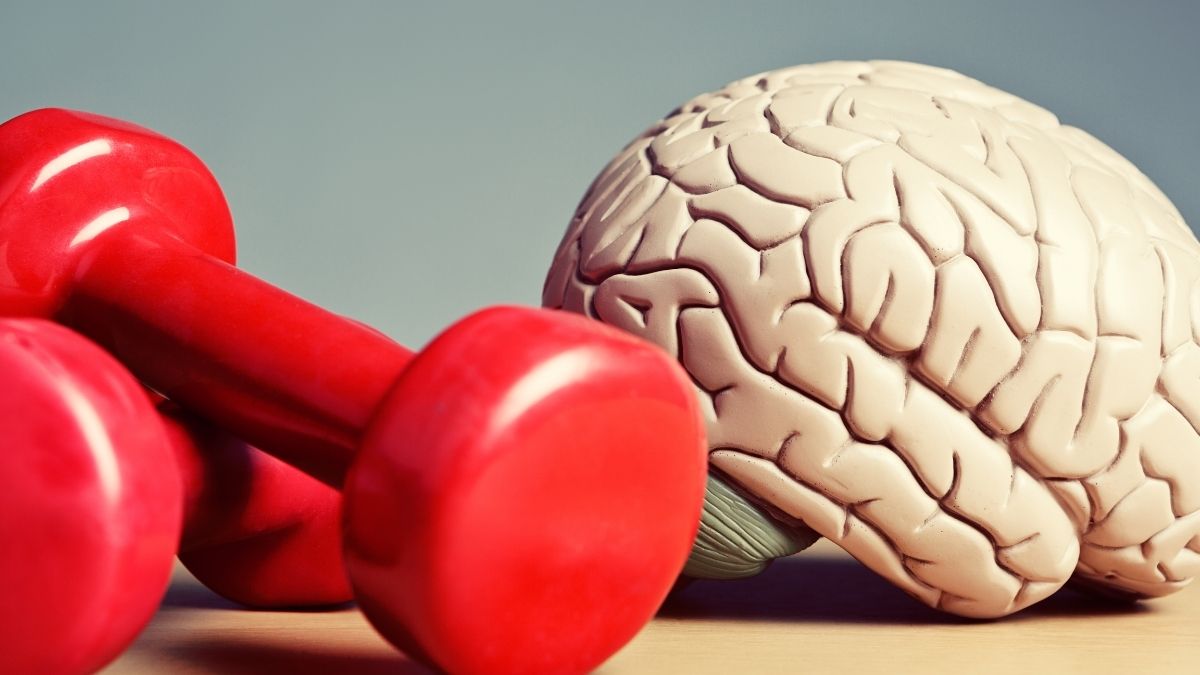
Safety Tips When Using Nootropic Drugs
While there are numerous potential benefits associated with using smart drugs there are also safety considerations one must keep in mind when experimenting with them – especially if you plan on using them long-term: always start off slow when trying out a new supplement so your body can adjust gradually rather than being overwhelmed suddenly by a large amount which could cause unpleasant reactions such as headaches or nausea; never mix two different types together unless specifically advised by an expert; refrain from drinking alcohol while taking these drugs since they both act upon similar pathways within your brain; discontinue use immediately if experiencing severe side-effects (such as worsening depression); consult a medical professional before starting any regimen.

